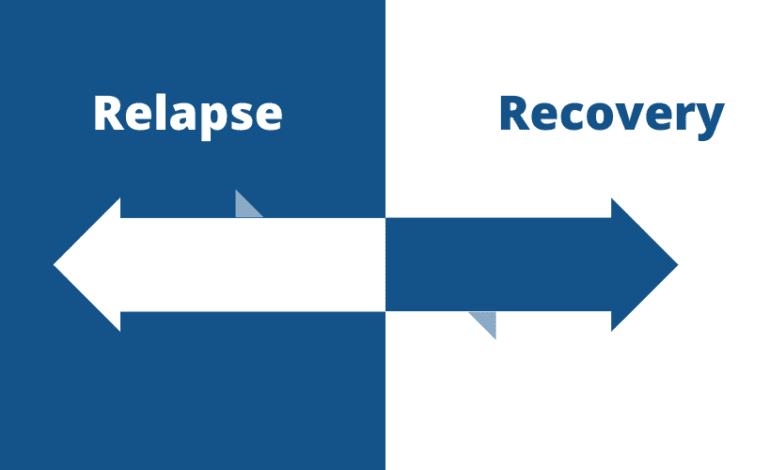What is text therapy?
Text therapy is a new form of therapy where you can exchange text messages with a therapist via a secure online platform. It is similar to communicating with someone through email, meaning that they may or may not respond in a timely manner, also known as asynchronous communication due to the lag time in communication. Text therapy is very different from virtual therapy via video or in-person therapy, and although there is not enough evidence-based research to say whether it is beneficial or not, it does come with pros and cons.
Text therapy vs. online therapy
Some individuals may confuse the terms “text therapy” and “online therapy” as both types of therapy are used virtually via a Wi-Fi or cellular network. Online therapy, also known as virtual therapy or teletherapy, takes place in real time through a video chat or telephone call with your therapist. There is no texting involved but instead verbal and/or video communication. This way, you and your therapist can connect via facial expressions, tone of voice, and voice inflections. It is synchronous communication as both you and the therapist are communicating in real-time, and there is no lag time in communication.
Studies have shown that virtual therapy is as beneficial as in-person therapy and often more convenient for you as the client. Text therapy uses an “online platform,” but without any voice or video communication, so there is no connection via facial expressions or tone of voice, which makes it more impersonal.
How does text therapy work?
There are a few text therapy providers offering services, but in general, they all work in the same manner. Whichever platform you choose, it will ask you questions about your background, mental health history, experience with therapy, and any current symptoms or medications. The platform will use this information to choose a therapist to best pair you with, and once you are paired with a therapist, you can send messages over a secured network, and your therapist will respond back to you within time. Some text therapy platforms may offer a real-time chat session you can schedule so you are not waiting for a response back from your therapist. Some text therapy platforms are subscription-based, others offer free trial periods, and some pay-as-you-go; most of these services allow for unlimited messaging as you are usually charged per week or month and may pay more for real-time chat sessions.
When is text therapy helpful?
Although there is not enough evidence-based research to dictate whether text therapy is as beneficial as virtual therapy or in-person therapy, there are good reasons why text therapy may work for you. Typing in a chat window may be a calmer experience than telling someone your problems aloud. The act of writing itself can provide relief, as writing is known to be therapeutic. It is also a quick and convenient way to access a therapist if you are struggling with your mental health or looking for someone to talk to or advice for a problem you are struggling with. However, it should never be used in mental health emergencies.
What are the drawbacks of text therapy?
In general, text therapy is impersonal, and it can take time to receive a response from your therapist. It can also be expensive as messaging-based therapy is generally not covered by insurance.
Text therapy should never be used in mental health emergencies. These include suicidal ideations, manic episodes, psychotic episodes, panic attacks, self-harm or harm to others, or substance abuse withdrawal or overdose. If you are experiencing a mental health emergency, you should call the mental health emergency line 988, 911, or your therapist’s emergency number.

Should I use text therapy?
It is hard to say whether or not text therapy will be the right fit for you, but it could be a good idea to use this in conjunction with in-person therapy. Here are some guidelines if text therapy is right for you:
- You are always on your phone or computer
- You are too busy to commit to a regular therapy meeting time
- You are comfortable with expressing yourself and your feelings via writing
- You have regular access to a device with a data connection
- You are comfortable with the cost
- You don’t need psychiatry or medication management
If you are currently relying on text therapy but feel you may need more support or a higher level of care, Akua has options for you. You may wish to try our virtual program or even learn more about residential treatment to experience a break from your everyday environment. Our Admissions Counselors are standing by to answer any questions you might have.




